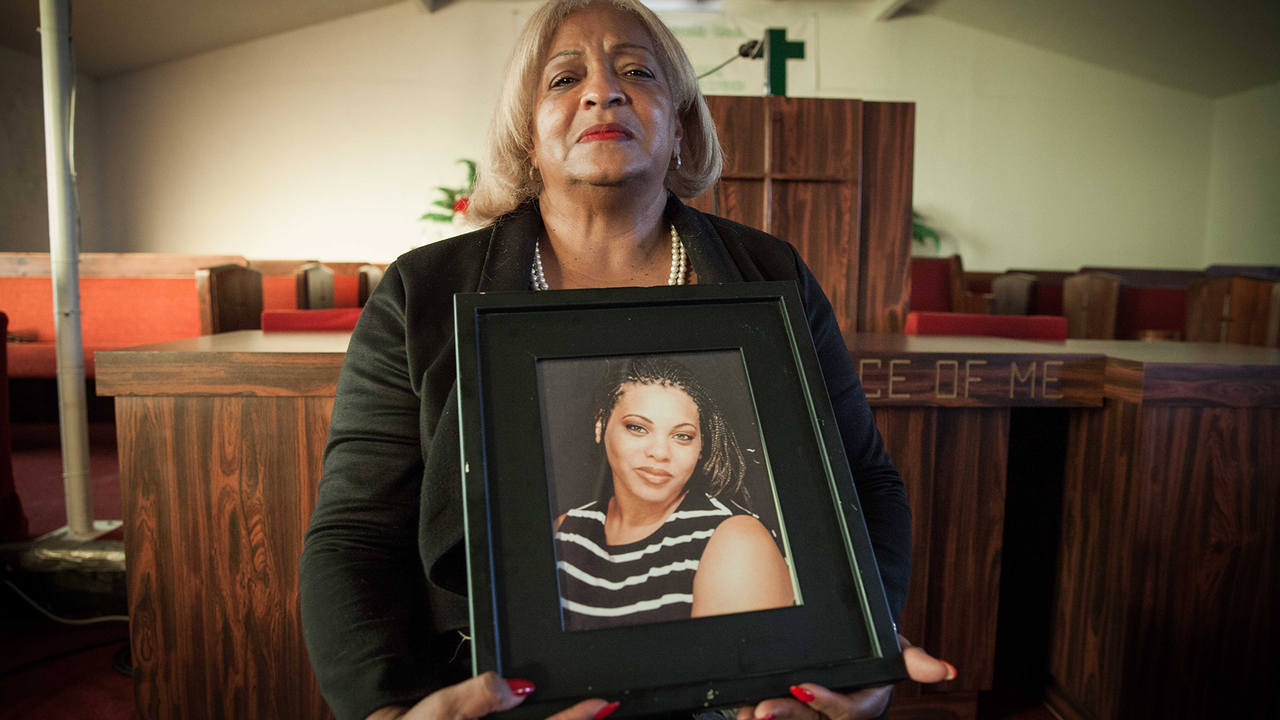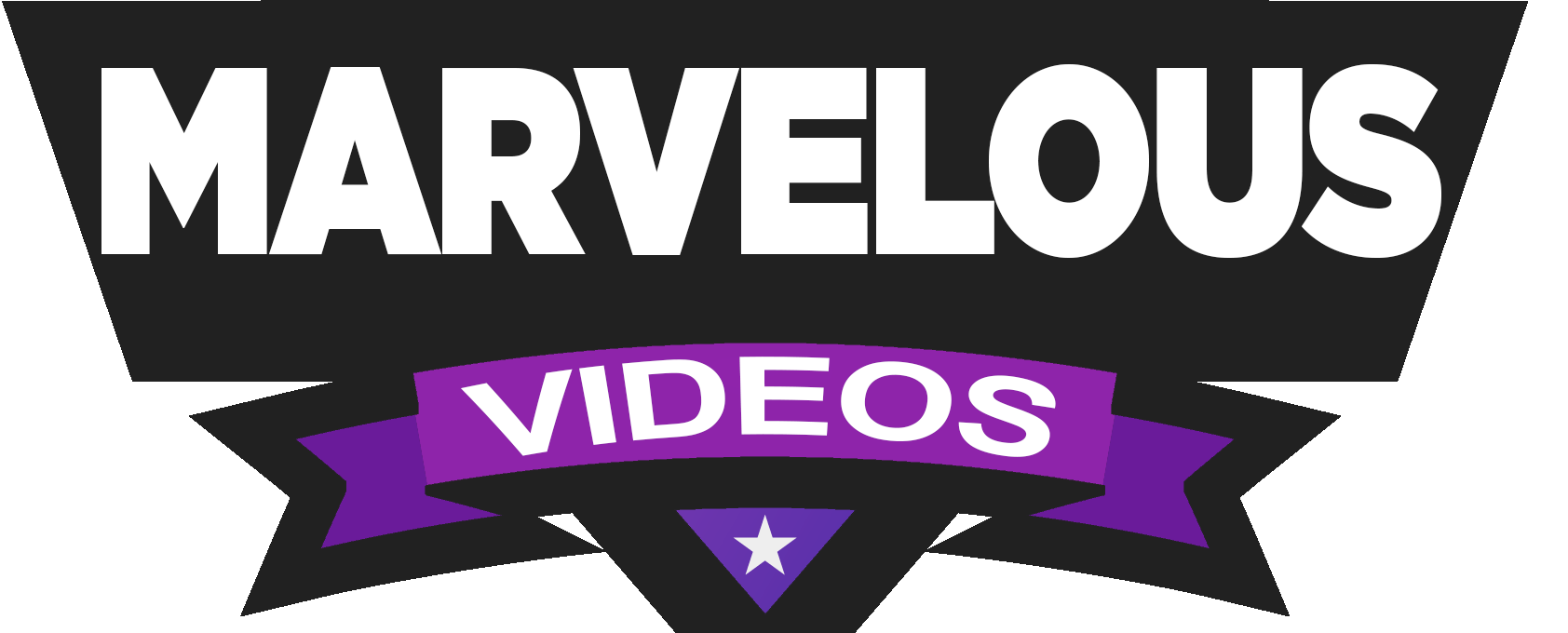On September 12th, a new season of the PBS anthology series “Independent Lens” premieres, with three documentaries making their television debuts. The fall lineup includes “Hazing” by Byron Hurt, “TikTok, Boom” by Shalini Kantayya, and “Move Me” by Kelsey Peterson and Daniel Kleins. The season’s first episode of “Hazing,” which had its Tribeca Film Festival premiere earlier this summer, will take a closer look at the hazing culture prevalent in US colleges and universities. The movie was made by Byron Hurt, who is best known for helming Soul Food Junkies and Hip Hop: Beyond Beats and Rhymes.
The following will be “TikTok, Boom,” which premieres on television on October 24. The movie, which had its Sundance premiere, explores the potential and complexity of technology through the prism of the modern social networking site TikTok. Coded Bias and Breakthrough are some of the most recent films directed by Shalini Kantayya. The final film of the fall season is “Move Me,” which debuts on November 11. The film chronicles Peterson’s rehabilitation process after a diving accident rendered her paralysed and robbed her of her prior identities as an athlete and dancer.
Lois Vossen, executive producer of “Independent Prism,” said, “For our forthcoming ‘Independent Lens’slate, we’ve chosen to begin with documentaries that focus on persistent, topical subjects in the United States, but are told through the lens of very personal stories.” “With vulnerable and open storytelling at their core, we’re grateful to deliver these documentaries to a national audience,” the statement continued. Both PBS.org and the PBS Video app will offer streaming access to these movies.
On university campuses all across the United States, hazing is a pervasive, pervasive behaviour that is fostered by custom, secrecy, groupthink, power, and a desire to fit in with fraternities and sororities. In order to comprehend the hazing subterranean rituals, filmmaker Byron Hurt sets out on a very personal trip, revealing the terrible extent college students would go to in order to join in.
Byron Hurt is a best-selling author, adjunct professor at Columbia University, award-winning documentary filmmaker, and activist. His critically praised films Soul Food Junkies and Hip-Hop: Beyond Beats and Rhymes debuted on PBS’s Independent Lens. The 2022 Tribeca Feature Festival had the world debut of Byron’s most recent film, Hazing, which will air on Independent Lens.
Natalie Bullock Brown is a devoted member of the Documentary Accountability Working Group, a 2021 Rockwood Institute JustFilms Fellow, an award-winning producer, and an assistant professor of interdisciplinary studies at North Carolina State University.
The 2022 movie Hazing, directed by Byron Hurt, provides a close-up look at college-based hazing traditions that can have fatal or extremely painful psychological effects. The hazing rituals that might be fatal or extremely traumatizing are described in this documentary in agonizing detail. You go on a journey with Hurt that reveals a world of toxic masculinity, shocking violence, humiliation, binge drinking, denial, and top-level institutional coverups.
I must admit that I find it terribly strange to have to demonstrate one’s worth in order to belong there. Even though I aspire to be like my classmates, I could never comprehend wanting or willingly putting myself through severe bodily and mental suffering. I now happen to have a much better grasp of why some people choose to put up with such abuse, though, thanks to Byron Hurt’s book Hazing.
Other documentaries, short videos, and books have been written about the tragic origins and lasting effects of college-based hazing rituals. I therefore wondered just what perspective Hurt would offer to this movie to make it distinctive. I’m delighted to say that Byron’s movie does, in fact, put a new twist on the subject in many ways.
First, and most importantly, Byron presents the movie from the viewpoint of the relatives of hazing victims. This is a very wise decision since, in my opinion, it makes it simpler to empathise when we can actually give these awful occurrences a face and a name. Hurt’s video makes the unfortunate point that victim blaming is a very real issue, thus I find it refreshing to hear from the deceased through the voices of their loved ones. We hear tragic accounts of how people’s hopes and dreams were mercilessly and senselessly crushed. Fortunately, the movie manages to depict these events authentically without coming off as cheap true crime sensationalism.
Hurt goes a step further and adds a fresh perspective to the discussion by examining the effects of hazing on individuals of colour. He also briefly discusses how racism in society may contribute to some hazing-related fatalities. Bryon’s willingness to get very personal about his own experience pledging and suffering through his own misery with lasting ramifications is another element that makes this a truly compelling watch.
He also speaks openly about the time he spent hazing other pledges. I must admit that I was somewhat shocked by this because I had never seen somebody publicly admit to hazing. In addition to being a dramatic admission, this also provides insight into the thoughts of those who carry out these actions. Of course, we also hear from hazing survivors, including one who seemed to only mildly defend it. Psychologists who help explain the long-lasting effects of this activity complete the interviewees.
A thorough and brutal image of an epidemic that isn’t discussed nearly enough is painted with the aid of archival footage and other visual materials. Technically, Hazing is really well done, and it has a striking visual aesthetic that gives the impression Hurt has made much more than only two features. Hazing explores issues like toxic masculinity, college cover-ups, and the catastrophic damage that hazing does, and I appreciate that it doesn’t hold back. Additionally, Byron Hurt’s own stirring tale of redemption offers something new and powerful. With some advice on how to steer clear of this significant problem going forward, the film finishes on a more upbeat tone. Hazing is powerful and terrifying, not to be missed.
Where to Watch Hazing (2022)?

Hazing (2022) will be premiering on PBS on September 12, 2022. We do not recommend illegal streaming and always suggest paying for the content you like to watch.
Is Hazing (2022) available on Amazon Prime?
Amazon prime will not be streaming Hazing (2022). Additionally, several other films are streaming on Prime. Our recommendations are The Voyagers, It’s a Wonderful Life, Notting Hill, and Eternal Sunshine of the Spotless Mind.
Is Hazing (2022) available on HBO Max?
HBO Max will not be streaming Hazing (2022). However, HBO’s subscribers can enjoy its other popular streams like Euphoria, When Harry Met Sally and Promising Young Woman.
Is Hazing (2022) available on Hulu?
Hazing (2022) is not available on Hulu. The new release line-up additionally includes Pam and Tommy, How I Met Your Father, Abbott Elementary, and Vikings.
Is Hazing (2022) available on Netflix?
Hazing (2022) will not be available to stream on Netflix. However, other brilliant shows like The Power of The Dog, The Social Network, Tick, Tick, Boom, and much more are available.
